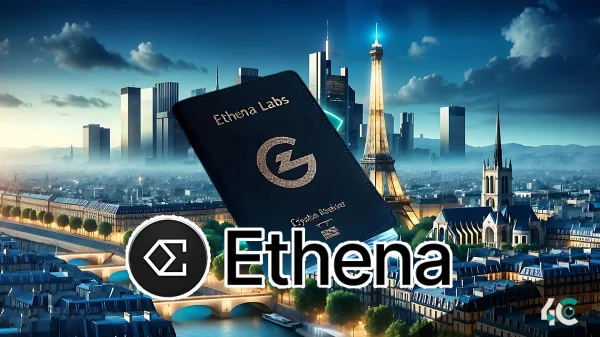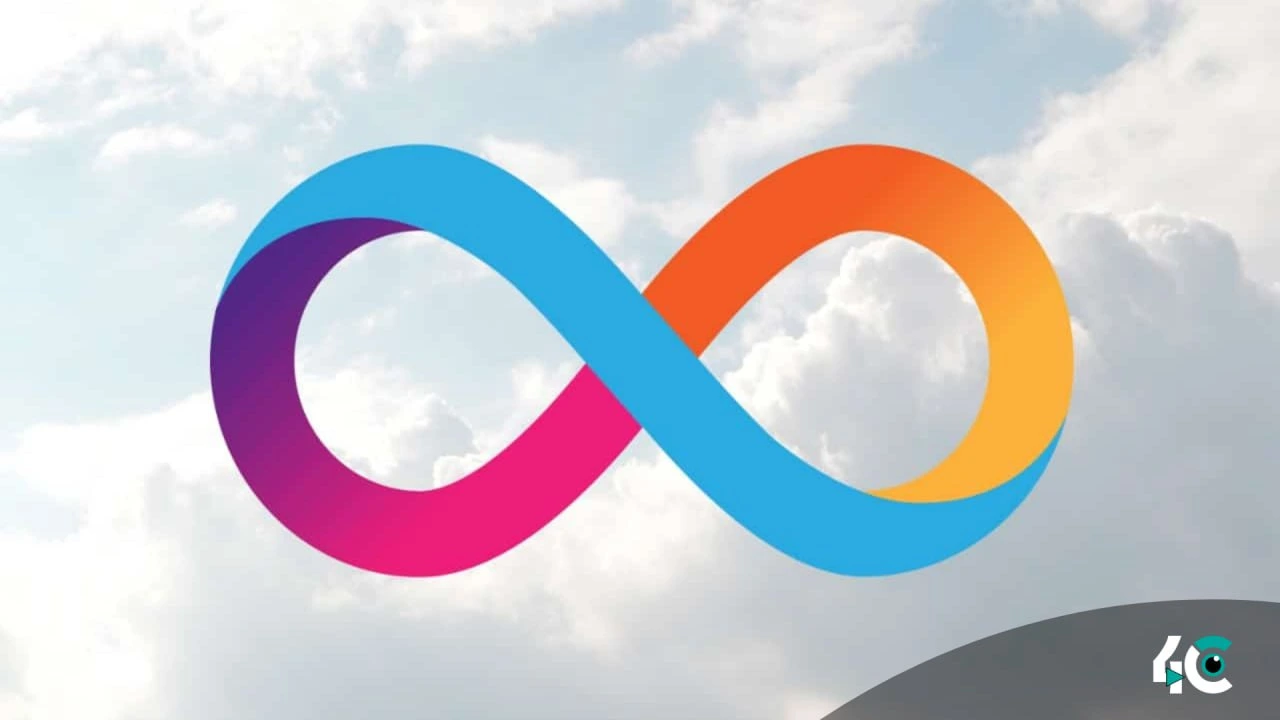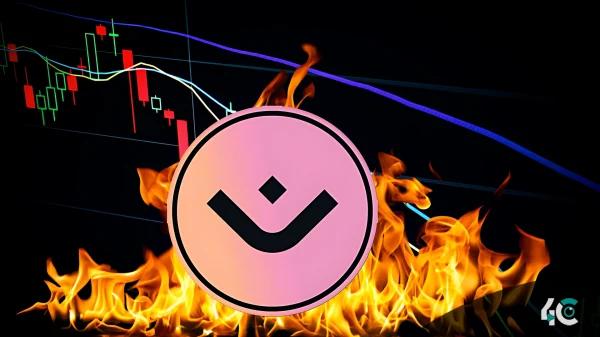Dfinity and Cambodia Join Forces
At the recent Token2049 event, Dfinity, the Swiss foundation behind the Internet Computer Protocol (ICP), officially partnered with Cambodia’s Ministry of Industry, Science, Technology and Innovation (MISTI) by signing a Letter of Intent (LOI). This agreement aims to boost smart city initiatives by providing crucial training, research, and entrepreneurial support to build a strong tech ecosystem.
Smart Cities: A Vision for the Future
Smart cities use advanced information and communication technologies to improve urban living. Dfinity’s collaboration with Cambodia isn’t new; they have previously worked on a United Nations Development Program pilot project to create a digital Universal Trusted Credentials system in the country.
Dominic Williams, founder and chief scientist of Dfinity, expressed excitement about the partnership, saying, “We are thrilled to advance our collaboration with the forward-thinking Government of Cambodia. The Internet Computer and ICP technology will play a key role in supporting Cambodia’s digital transformation and smart city development.”
Decentralization and Cybersecurity
A significant advantage of Dfinity’s ICP is its decentralized serverless computing, which removes the need for traditional cloud services like Amazon Web Services. This feature not only improves cybersecurity—making it more resilient to attacks—but also enables software to be hosted on-chain, further protecting digital assets.
Cambodia’s Aspirations in Technology
Try Sophal, a director at MISTI, emphasized the importance of this partnership in establishing Cambodia as a leader in emerging technologies. He noted, “By integrating blockchain technology into our national infrastructure projects, we aim to develop solutions that will not only speed up our smart city initiatives but also strengthen the wider digital economy.”
Cambodia’s vision for smart cities began in 2019, with projects like the Limestone Network’s smart neighborhood initiative in Phnom Penh, which was set to be completed by 2022.












































